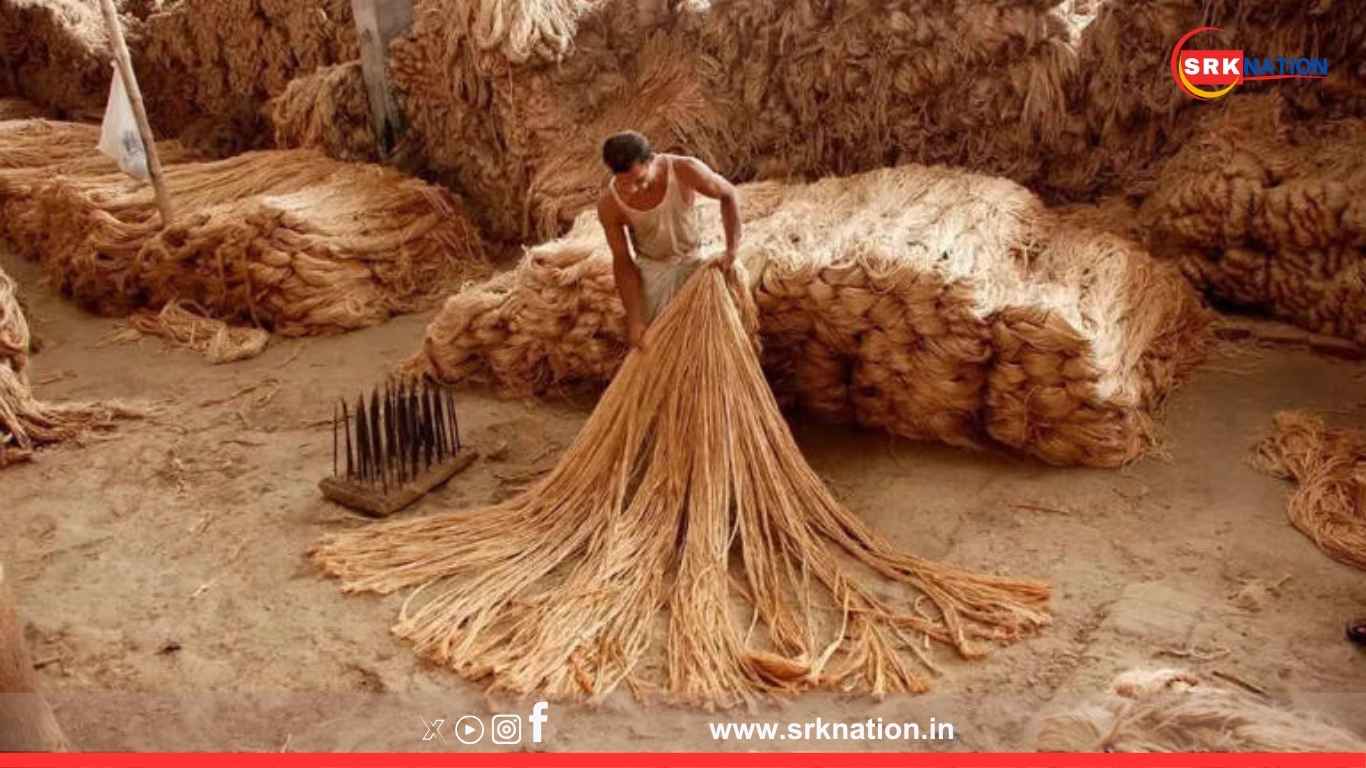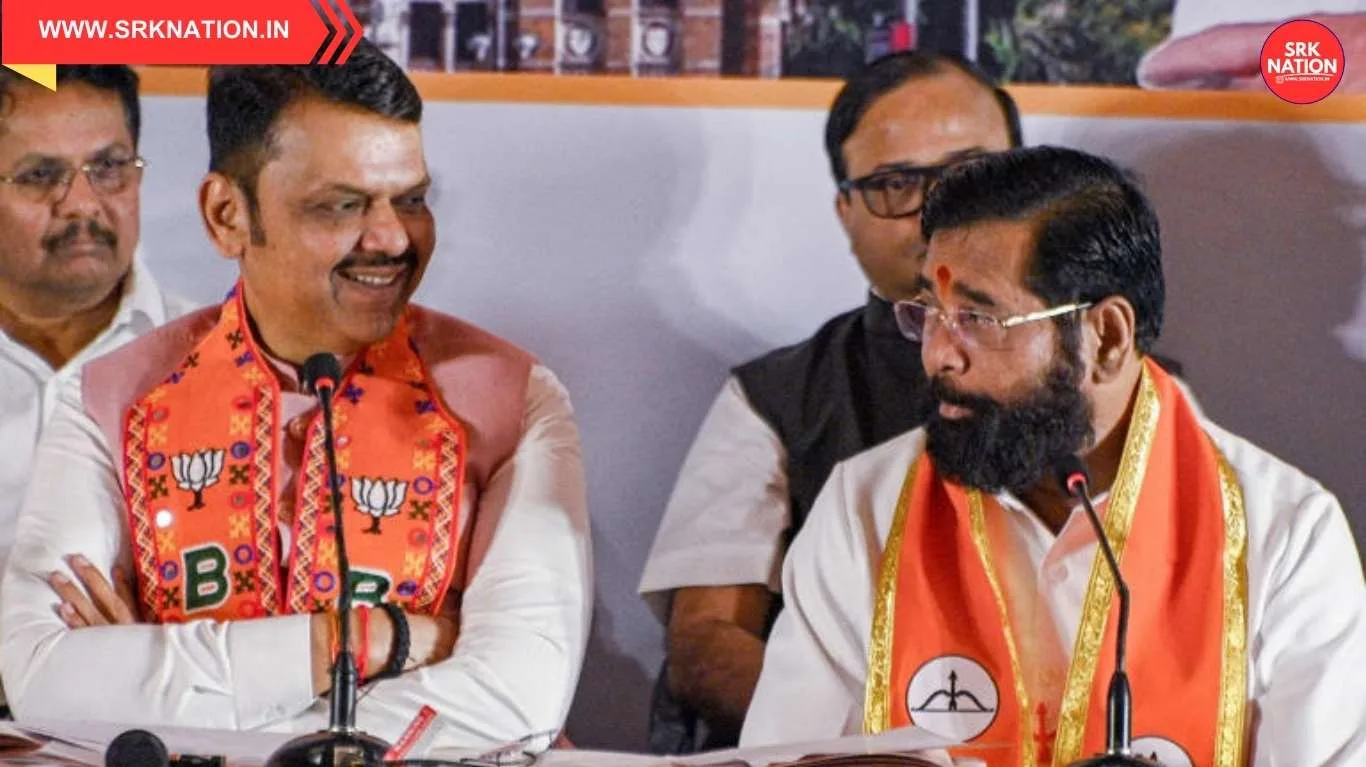India has imposed immediate restrictions on the import of jute and allied fibre products from Bangladesh, citing persistent unfair trade practices that have harmed the domestic jute industry. The move, announced by the Directorate General of Foreign Trade (DGFT), limits imports to a single entry point—Nhava Sheva port in Maharashtra, effectively closing all land and other seaports to Bangladeshi jute consignments.
🚫 Why the Restrictions?
According to officials, the decision was driven by:
- Circumvention of anti-dumping duties (ADD) imposed on Bangladeshi jute products
- State subsidies provided by the Bangladesh government to its exporters
- Malpractices such as mislabelling, misuse of technical exemptions, and misdeclaration to claim higher subsidies
- Export routing through ADD-exempted firms to bypass trade regulations
Despite the imposition of ADD by India in previous years, imports from Bangladesh continued to surge, undermining the competitiveness of Indian jute farmers and mill workers.
🧵 Impact on Indian Jute Sector
The Indian jute industry, concentrated in West Bengal, Bihar, and Assam, has long complained about the dumping of low-cost jute yarn, fibre, and bags from Bangladesh. Officials argue that these imports have:
- Depressed domestic prices
- Threatened rural livelihoods
- Violated the spirit of SAFTA, which allows duty-free access but not at the cost of fair trade
“The market access extended by India in good faith cannot be undermined to the detriment of India’s economic interests,” said a senior official.
🇮🇳 Strategic Objectives
The restrictions are aligned with India’s broader goals to:
- Promote ‘Atmanirbhar Bharat’ (self-reliant India)
- Protect rural employment and traditional industries
- Ensure quality control and traceability by routing imports through a single port
The government is also working to prevent circumvention of these restrictions via third countries like Nepal and Bhutan, from where re-exports of Bangladeshi jute will not be permitted.
🔍 What’s Next?
The DGFT is expected to monitor compliance closely, and further action may be taken if exporters attempt to bypass the new rules. Meanwhile, India continues to explore bilateral trade mechanisms to address structural imbalances and ensure fair competition in the region.
Stay tuned for updates on India’s trade policy and regional economic ties.











